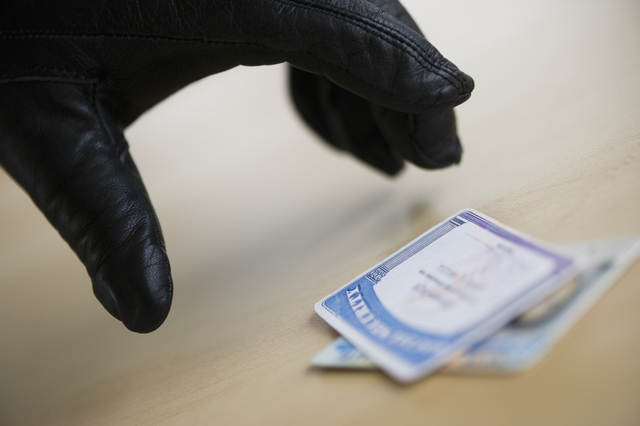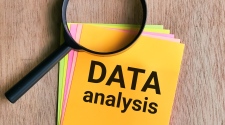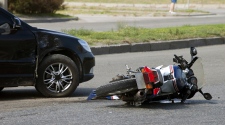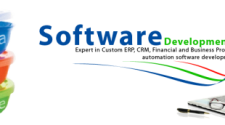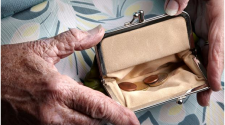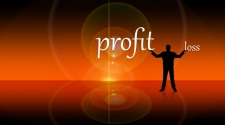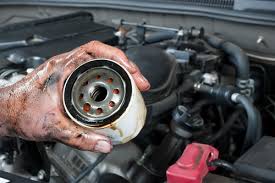No one should be able to access your checking account. More and more frequently, consumers are feeling the sting of identity theft and loss of account safety. Their banking accounts have been breached and their funds have been taken. How can you make sure this never happens to you?
Understand the Crime
The more you know about the process, the more you can protect yourself. The crime begins with the theft of a financial document. That could be an actual check, a deposit slip, or even a bank statement. Criminals then alter the documents to steal your money.
Popular ways of changing the documents include both chemically altering a check or deposit slip and changing the financial information using computer programs. Chemical alteration can be done with lots of different bleaching agents. Acetate is a favorite, because it is easy to get and works well. Check washing losses in the US alone for 1998 were over $815 million, and it has continued to grow at an alarming rate each year.
Criminals with a little technical know-how can utilize publishing programs to print checks that look completely valid. Using a scanner, they input the information and then change it to benefit themselves. Being able to edit an image is all the criminal needs to be able to do and then he or she can simply print the checks to spend your money.
Use Technology for Your Good
Purchasing checks online that you can print on your laser printer is a wise choice. The laser printer itself gives you an incredible advantage over criminals that may want to wash your checks. When the print is created, it is done so with a process that makes it incredibly difficult to physically alter. It is almost completely impermeable to the normal chemicals used to alter checks fraudulently.
Reconciling your account is a very, very smart idea. Most financial institutions now have apps or at least online means of checking your account in an up-to-the minute manner. Checking this frequently will lessen the chance that criminals can steal your money. If you notice an odd entry, notify your bank immediately. You may be responsible for fraudulent funds if you don’t notify the bank before 30 days expire.
Make Smart Choices
Treat your financial documents with extreme care. Don’t put extra personal information on your checks. Everyone used to put their social security numbers on checks. That’s certainly a thing of the past; it’s no longer necessary to put your driver’s license or telephone numbers on your checks.
When disposing of your personal banking data, shred it. The smaller the pieces of paper are, the better. Choose to mail checks for bill payment from the post office itself. Don’t leave them in your home mail box with the flag up. That’s an easy target for someone looking for a check to wash.


